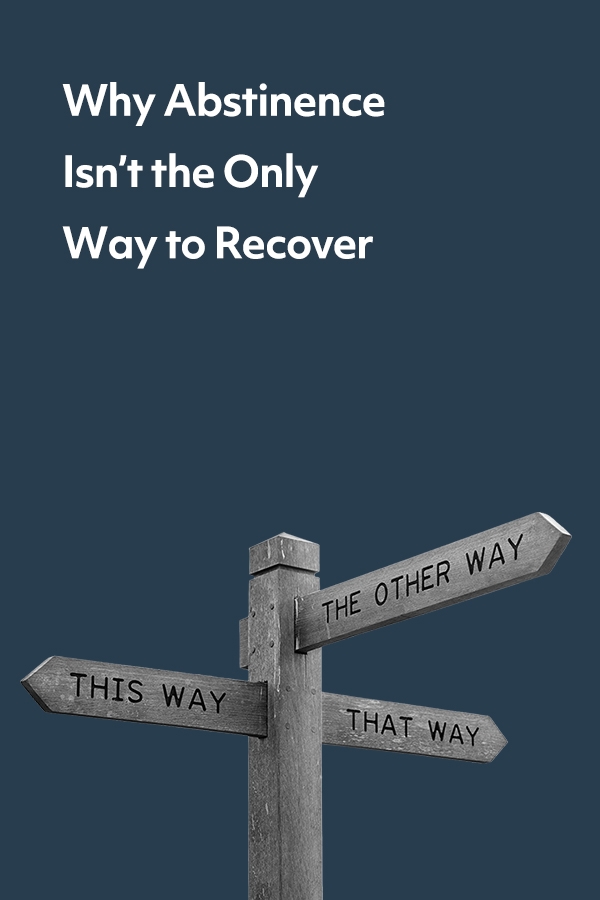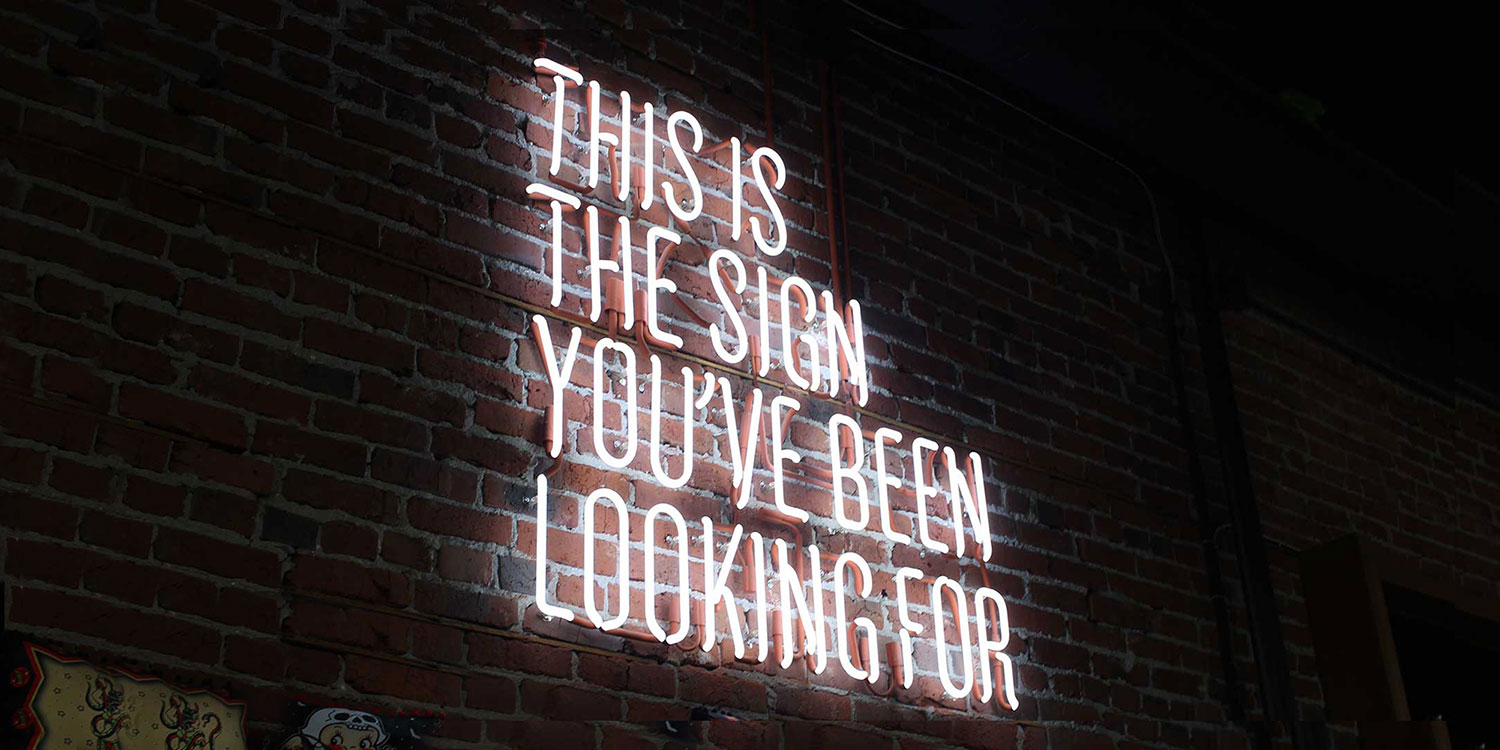“If there is anything modern research on recovery is teaching us, it is two critical lessons: people with alcohol and drug problems—even the most severe of such problems—are not a homogenous population, and there are many pathways and styles of long-term recovery.”
William White, Researcher
When I first got sober, I thought that abstinence was the only way to recover from substance use disorder. I now realize that the concept of abstinence as some sort of gold standard arose from 12-step programs. These programs tend to teach that unless you are completely abstinent and working a program of recovery, you are not really in recovery. Thankfully, I’ve come to realize that this concept creates barriers to recovery and perpetuates outdated ideas.
I’ve found that recovery is self-defined and only the individual seeking recovery gets to choose their goal.
What is wrong with abstinence?
There is nothing wrong with abstinence per se. Abstinence means not engaging in consuming any mind-altering substances—abstaining from them. What is problematic is insisting that abstinence is the only possible way to recover. While it’s understandable that AA-ers believe this myth, it doesn’t make it correct for everyone. The entire AA program is founded upon the notion that you can only achieve sobriety if you stop drinking. Members believe that you must surrender to the fact that your drinking is unmanageable and you are powerless over alcohol (step 1). Therefore, the only way to achieve recovery is to surrender to this fact and, with the help of a higher power, become abstinent.
I’m not here to criticize AA. It is an effective program of recovery. But it is not the only effective program of recovery. For example, researcher Dr. Sarah Zenmore found that other mutual aid groups, like SMART Recovery, Women for Sobriety, LifeRing, and Secular Organization for Sobriety were just as effective and showed higher levels of satisfaction. Also, 70 percent of people quit drinking on their own.
What I am saying is that perpetuating the myth that abstinence is the only way to recover creates a kind of recovery elitism that doesn’t acknowledge that people can recover in different ways. As folks in recovery, we do not get to walk through life arbitrating other people’s recovery. Someone is in recovery if they say they are.
Viewing recovery as a spectrum instead of a hierarchy
Supporting someone in recovery is about meeting people where they are at. That means:
- All pathways of recovery are valid.
- Harm reduction is not a pathway of recovery. Harm reduction is the spectrum on which all pathways of recovery exist.
- Pathways other than abstinence include safe use and methods of harm reduction for people who use drugs, moderation management, and the use of naltrexone (known as the Sinclair Method) or other MAT.
As I mentioned above, I believe that harm reduction is the spectrum where you will find all pathways of recovery. Abstinence reduces harm, and so does moderation management. Ultimately, considering recovery pathways in this way disrupts this notion of there being a hierarchy of recovery where abstinence is at the top.
Recovery elitism is harmful. Some people don’t want abstinence but feel that their recovery is invalid. Others may moderate but feel they, therefore, don’t qualify as being “in recovery.” Any attempt at invalidating someone with substance use disorder is a hit to an already fragile sense of self. I firmly believe it is not right for us to do that with one another. People in recovery should instead strive to support each other irrespective of their pathway of recovery.









